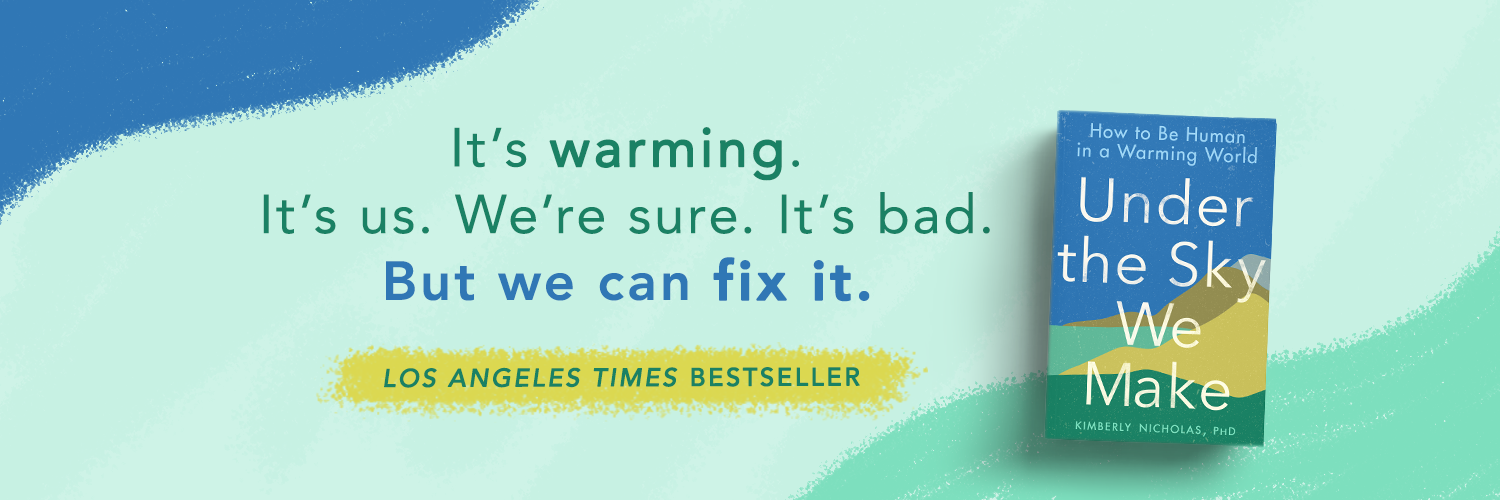|
I just hosted a publishing workshop for our PhD students, discussing common questions around the academic publishing process. Here I want to share some of our key takeaways about how to select a journal, as well as compile advice and resources I've written over the years about writing, (co)authorship, and peer reviews. I hope this helps demystify some of the academic publication process. Good luck! How to select a journal
How long from submission to publication?
How do I...?
P.S. Free, unsolicited academic and life advice! Recommended reading
Comments are closed.
|
Categories
All
Archives
November 2023
|
KIM NICHOLAS
 RSS Feed
RSS Feed

